Does drinking water help your skin?
We all know that keeping hydrated is essential for good health, but does drinking water help your skin? Our experts explain why getting six to eight glasses a day is so important


Does drinking water help your skin? Staying hydrated not only keeps your body in tip-top shape, but it’s also important if you want bright, healthy-looking skin. It can keep blemishes at bay, encourages your skin to glow and it reduces the appearance of fine lines and wrinkles.
From improving your sleep to lubricating your joints and fighting off infections, your water intake plays a major part in helping your body operate smoothly. How hydrated you are affects your energy levels and cognitive performance throughout the day. It’s also important to drink water if you exercise regularly, as we lose fluids through perspiration during workouts. So, if you’re struggling to drink enough, why not browse our guide on the best water bottles for gym workouts?
To find out why drinking water is key for healthy skin, we spoke to experts in skincare to understand what it does for our body, how much water you should drink a day for healthy skin, and the simple lifestyle tweaks that can help you develop a brighter complexion.
What's the link between water and skin health?
“The adult human body is 60% water and your blood is 90% water,” says Dr Usman Qureshi, an aesthetic doctor and founder of the Luxe Clinic. “This means that drinking water benefits the body in many ways. From flushing out toxins to preventing acne, water can be the most inexpensive solution for skin issues, and getting an adequate amount can give you glowing and nourished skin. Water can also improve skin tone, prevent premature aging, ward off acne and reduce puffiness, too.”
The appearance of your skin comes down to the health of your skin cells and staying hydrated is key to improving their elasticity and reducing the loss of collagen.
“Water maintains volume within all cells, including within and around skin cells,” says skin specialist Nalan Aksahin. “Without enough water, these skin cells and the spaces between them become dehydrated and less elastic, leading to thinner, dryer, and less supple skin. This scenario significantly heightens the risk of damage caused by extrinsic factors, such as sun exposure and harsh products. The skin also becomes less elastic with low water content and is more inclined to micro-tears and crinkling like dry paper (accelerating the formation of lines and wrinkles) as opposed to a damp sponge for example.”
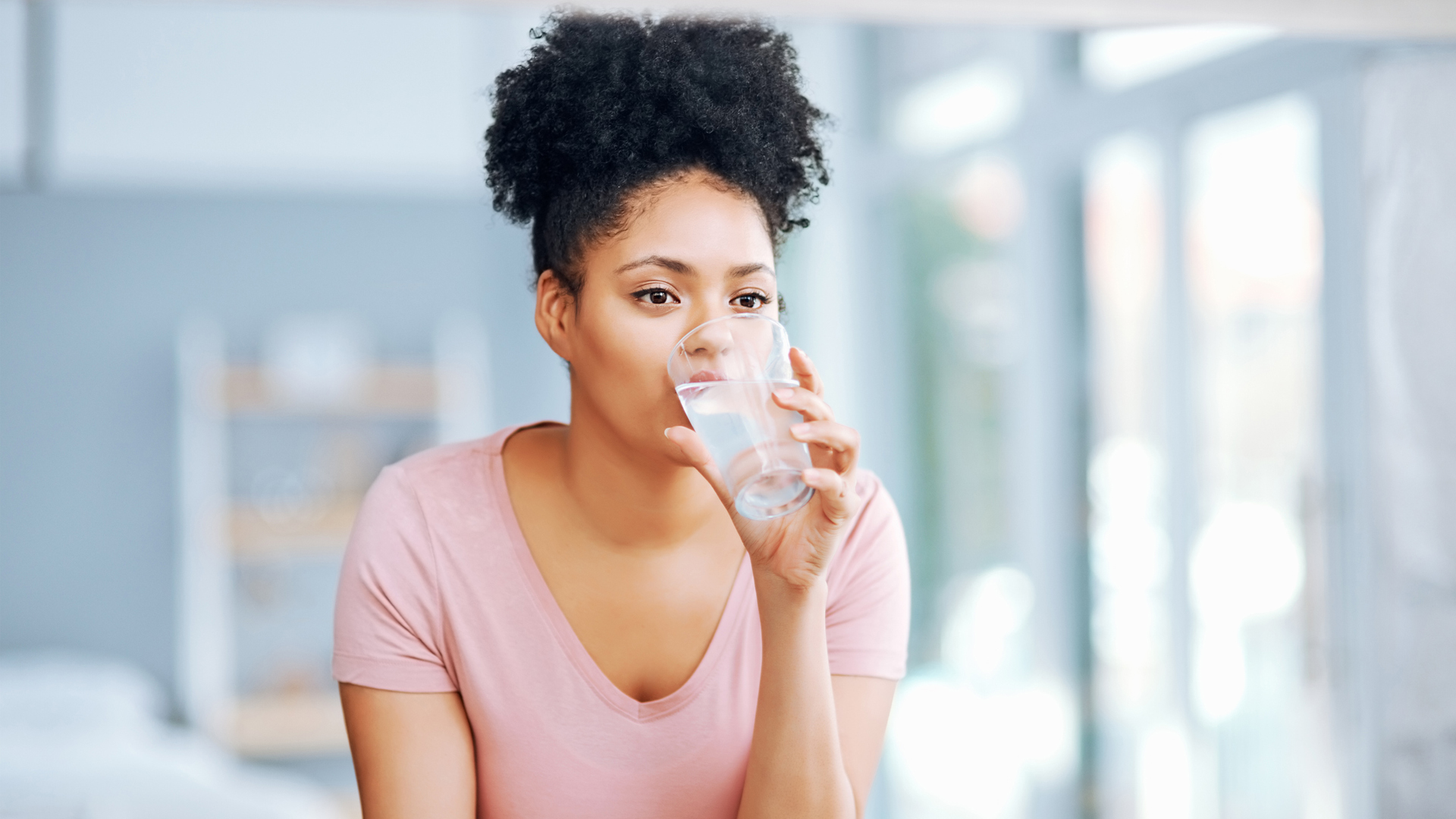
How much water should you drink for healthy skin?
The answer to this depends on your metabolism, weight, height, and your daily routine but, generally, adults should drink between six and eight glasses of water every day, and even more is needed if you are exercising regularly.
Get the Fit&Well Newsletter
Start your week with achievable workout ideas, health tips and wellbeing advice in your inbox.
“Daily guidelines globally for healthy water intake through drinking water alone vary from 3.5 liters to 2.0 liters,” says Aksahin. “The European Food Safety Authority recommends between 2.0-2.5 liters a day.”
Diet and lifestyle tips for healthy skin
Drinking water isn’t the only way to promote healthy skin. There are many factors that cause the skin to look – and become – less healthy, but there is also plenty that we can do to combat exterior aggressors and fortify our skin’s barrier.
Apply sunscreen
Wearing sunscreen is one of the most beneficial things you can do for your skin to protect against UV and UVB rays. “Apply two tablespoons of sunscreen on face and body daily, and if you use a spray, then spray it until there is an even sheen on all open areas of your face and body,” says Dr Anton Alexandroff, a Doctify-reviewed dermatologist.
Eat fruits and vegetables
Fruits and vegetables can do wonders for our complexion. In particular, omega-3’s found in oily fish, and carotene and beta-carotene, antioxidants found in green, yellow, orange, or red fruits and vegetables, are all great nutrients for promoting a healthy glow.
Exercise regularly
While you might be tempted to avoid working out or exercising because of the risk of sweat clogging your pores, exercising can be beneficial for your skin.
“Exercise increases blood flow to the skin, which brings nutrients and takes away waste products,” says Alexandroff.
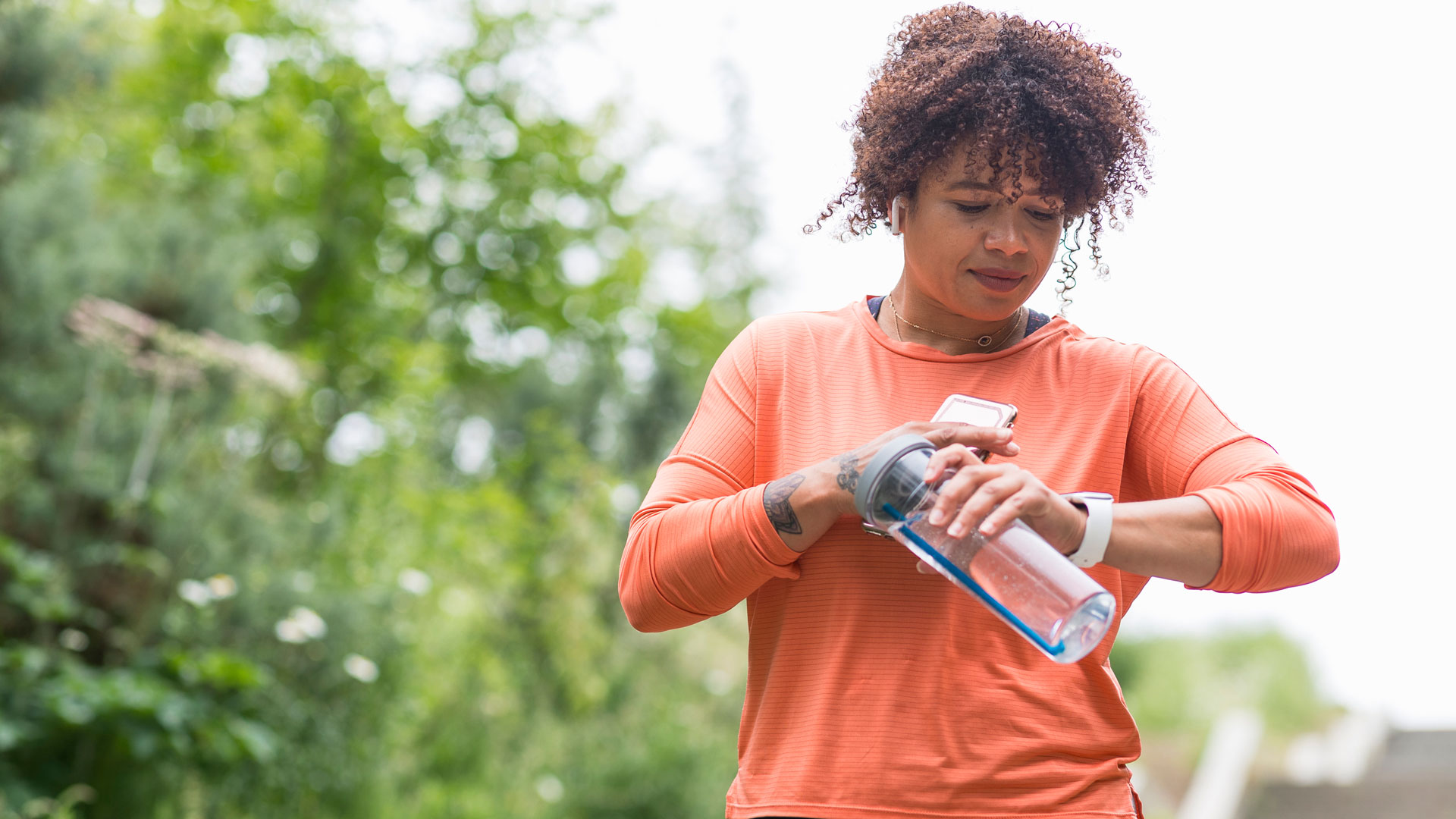
Avoid smoking
“Smoking generates so-called free radicals which damage our DNA,” says Alexandroff. “It also leads to the destruction of collagen and a loss of elasticity of the skin and causes wrinkles/premature skin aging. It also increases the risk of acne.”
Cleanse regularly
One of the biggest damages to our skin health is air pollution and, unfortunately, this has become worse over time. However, cleansing regularly and wearing SPF can help protect your skin against these aggressors.
“In a similar way to smoking, air pollution generates free radicals that damage DNA and collagen,” says Alexandroff. “To help fight against it, use a gentle cleanser, such as Cetaphil or Cerave, apply sunscreen daily, and moisturize twice a day.”
Get your beauty sleep
Getting enough good quality sleep can make a difference to our skin. According to the Journal Of Skin Research and Technology, sleep restriction can cause dehydration, decreased skin elasticity – which can lead to wrinkles developing in the future – and a change in skin texture.
In order to avoid sleep issues, it’s important to limit technology and blue light before bed, keep consistent sleep-wake times and try to make sure your sleeping area is dark and cool for optimum rest and recovery.
Stacey Carter is a Freelance Health Writer who has written print features and digital content for titles such as Woman & Home, Natural Health, Women’s Health, Get The Gloss, and Stylist. You'll find her covering a wide variety of health-based topics, talking to leading figures in the fitness industry, and investigating the latest trends in wellness. When she’s not at her laptop, weekend hikes, testing out new recipes in the kitchen and LISS-style workouts are her favourite ways to switch off.
-
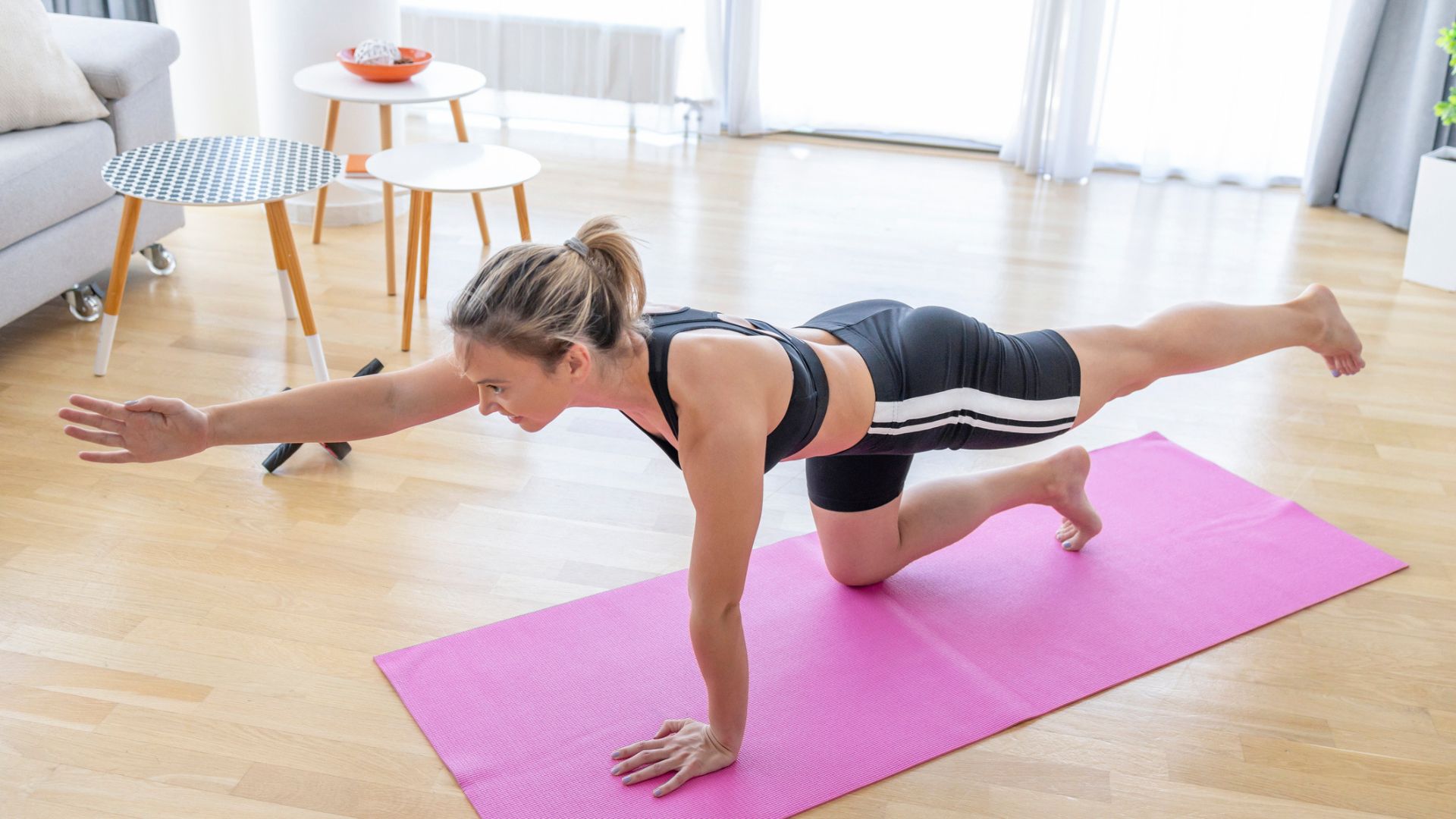 I did bird dog every day for seven days and now I understand why trainers recommend it for core strength, spinal health and posture
I did bird dog every day for seven days and now I understand why trainers recommend it for core strength, spinal health and postureThis simple bodyweight move has so many benefits
By Alice Porter
-
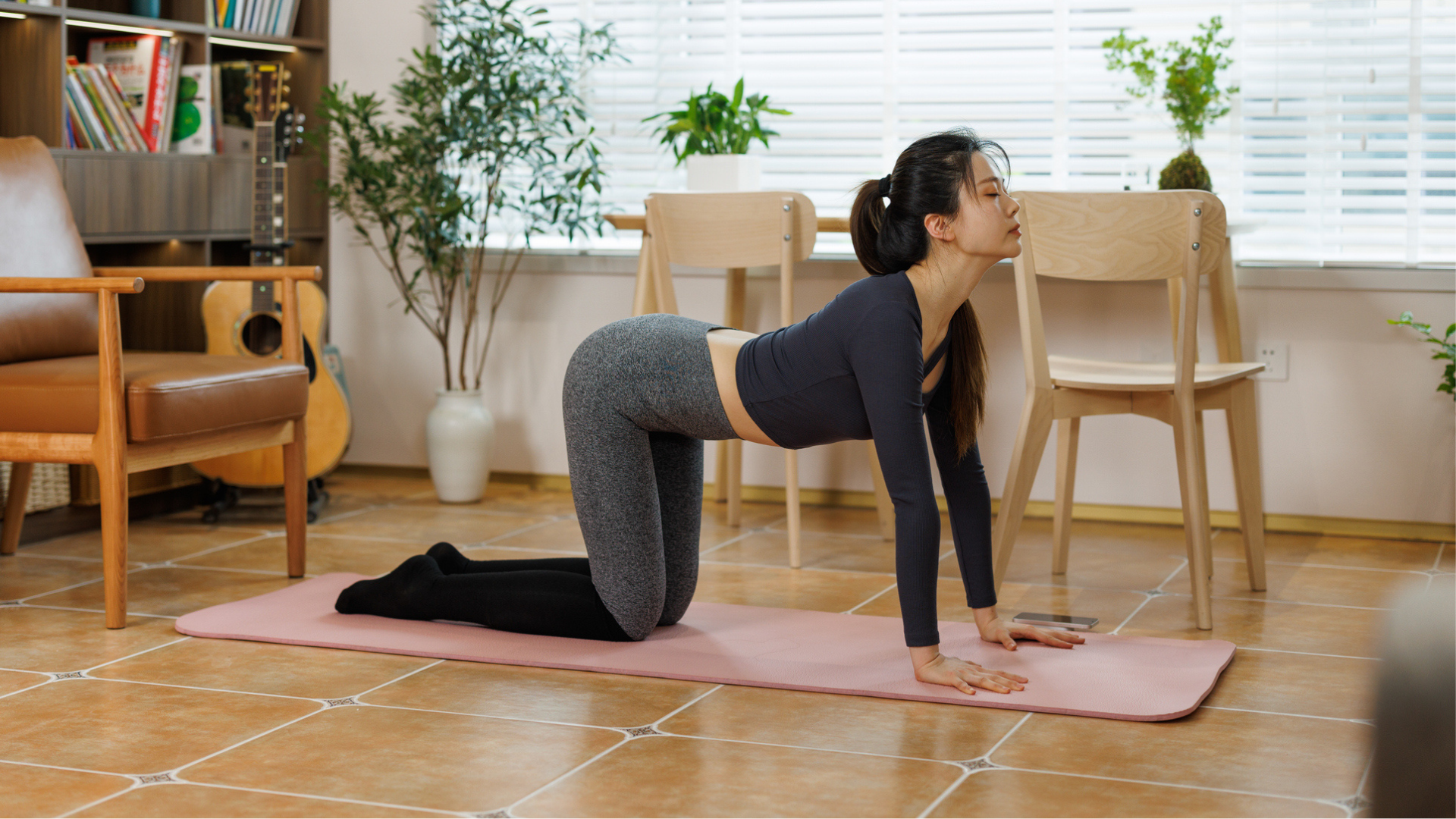 A yoga instructor says this eight-minute routine is all you need to mobilize your entire body
A yoga instructor says this eight-minute routine is all you need to mobilize your entire bodyStiff and achy muscles? Try this
By Alice Porter
-
 Best vitamin D supplements
Best vitamin D supplementsBUYING GUIDE Take one of the best vitamin D supplements to give your mood a helping hand this winter
By Alice Ball
-
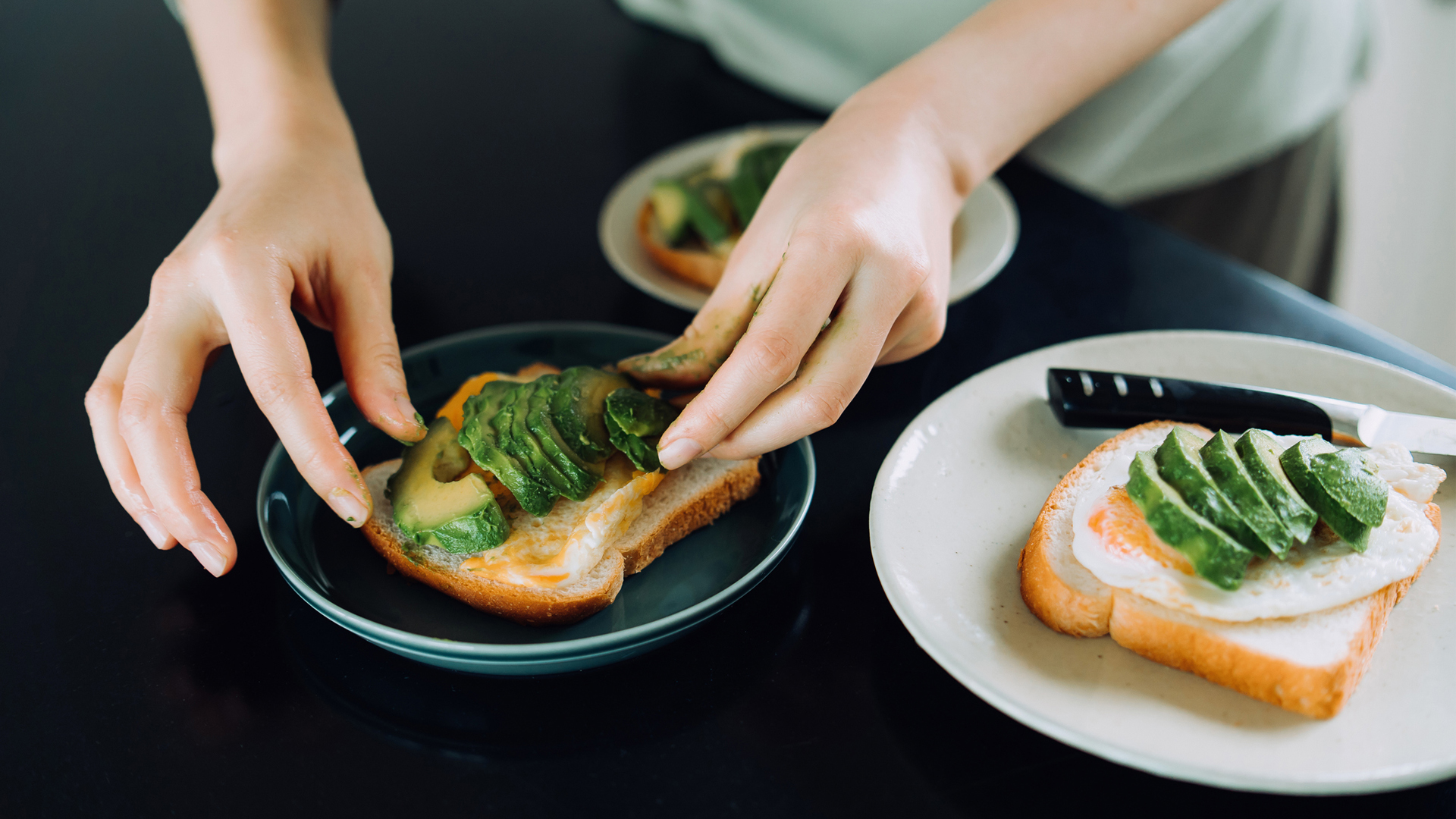 Six high fiber foods you should be eating
Six high fiber foods you should be eatingEnjoy these high fiber foods for better digestion and a healthier heart
By Anna Gora
-
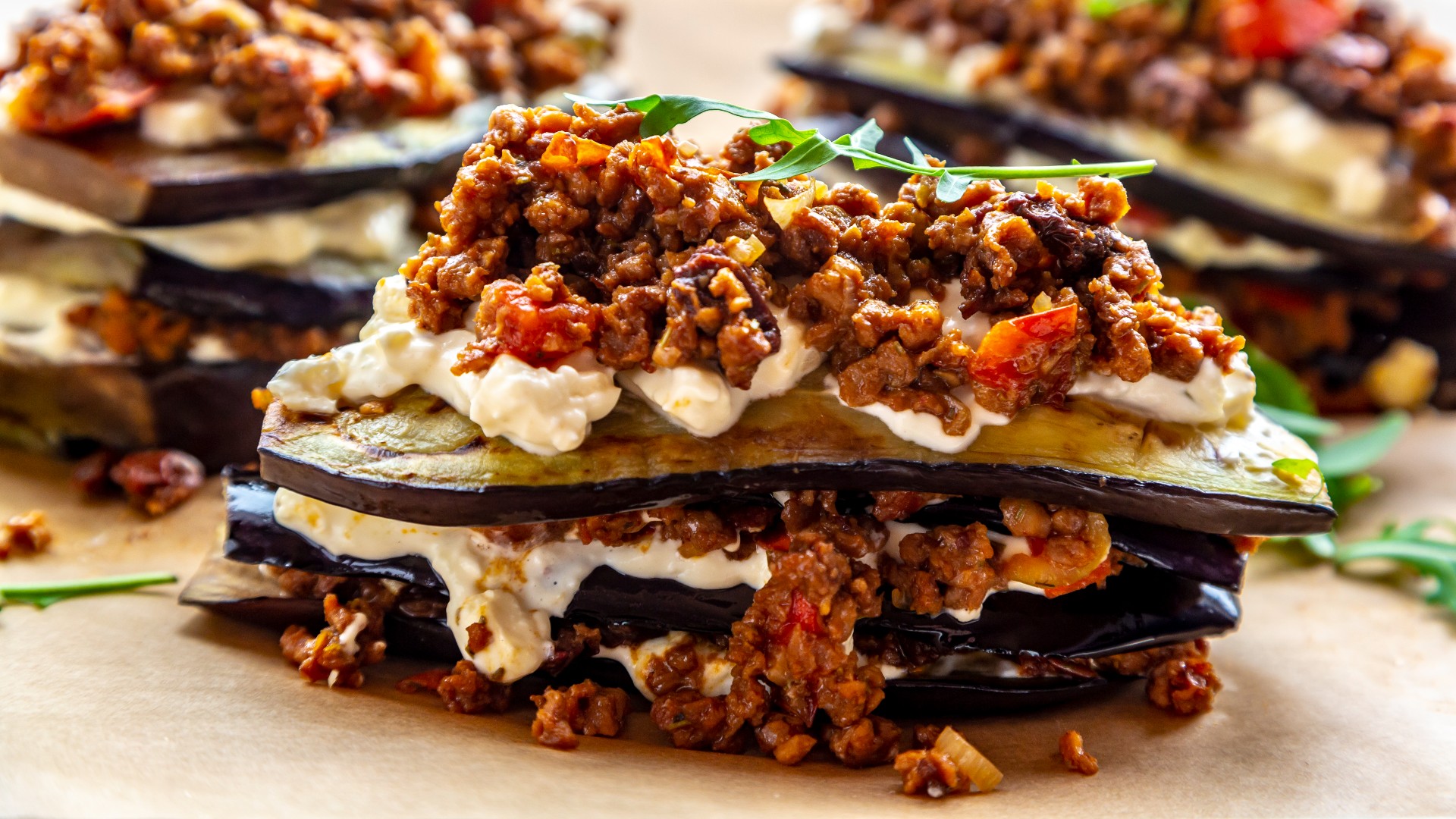 Easy low carb diet plan to help you eat well
Easy low carb diet plan to help you eat wellNutrition Looking for a low carb diet plan? We asked a dietician to share everything you need to know
By Alice Porter
-
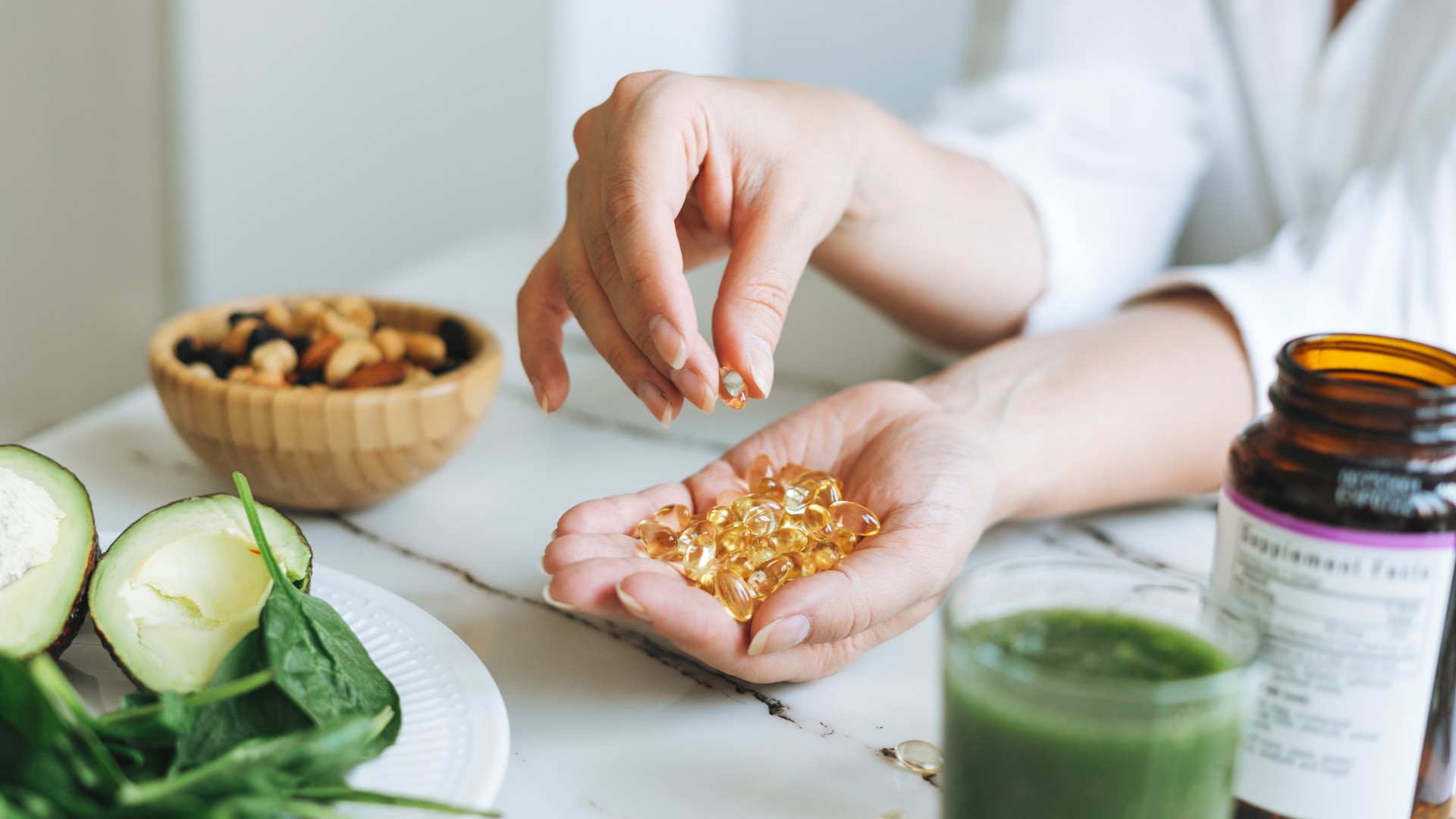 Do multivitamins work? Here’s what a nutritionist has to say
Do multivitamins work? Here’s what a nutritionist has to sayDo multivitamins work or is it better to take individual supplements? We find out which option is better and whether you need to supplement your diet at all
By Alice Porter
-
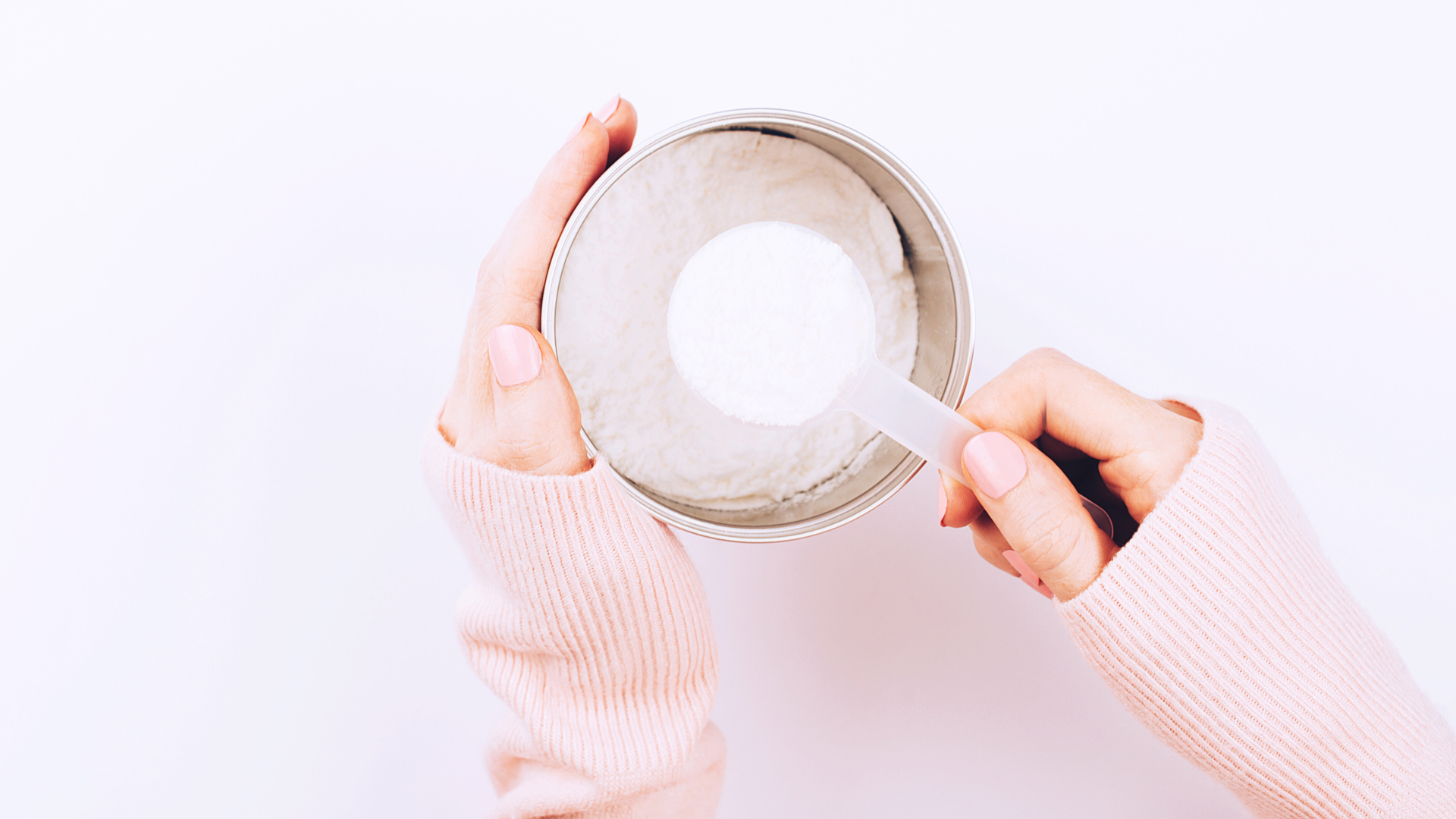 Collagen vs whey protein: what’s the difference?
Collagen vs whey protein: what’s the difference?Protein supplements are incredibly popular, but which type is best for your health? A dietician weighs up the pros and cons of collagen vs whey protein
By Alice Porter
-
 Foods for energy: what to eat to combat tiredness and fatigue
Foods for energy: what to eat to combat tiredness and fatigueFeeling tired? You may think that the only way to revive yourself is by going back to bed, but these foods for energy could help you feel full of life
By Alice Porter
-
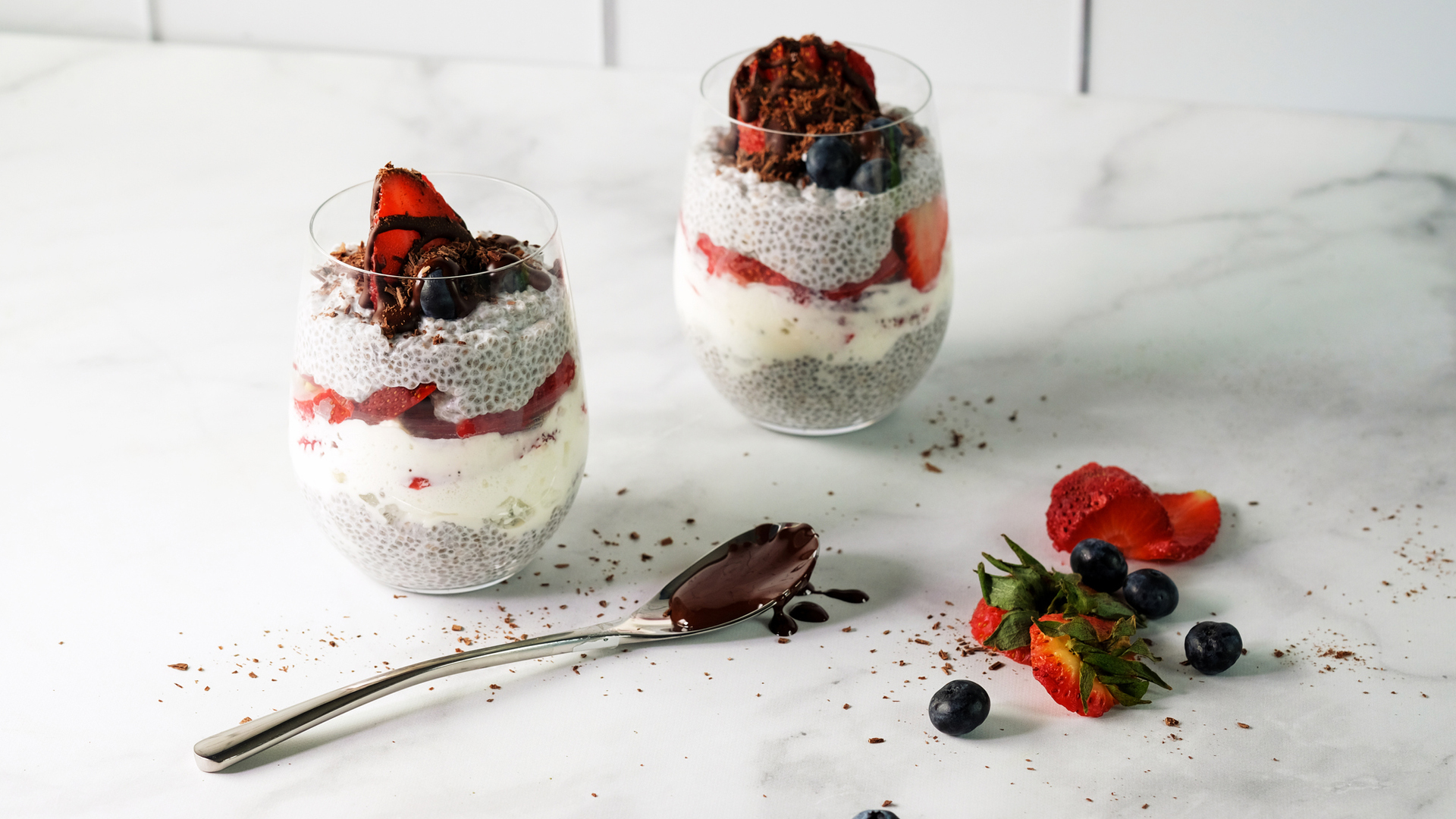 11 high protein desserts to satisfy your sweet tooth
11 high protein desserts to satisfy your sweet toothThese tasty high protein desserts will help to fill you up and build lean muscle
By Maddy Biddulph
-
 Which vitamins help anxiety?
Which vitamins help anxiety?Wondering which vitamins help anxiety? Here's everything you need to know
By Meg Walters